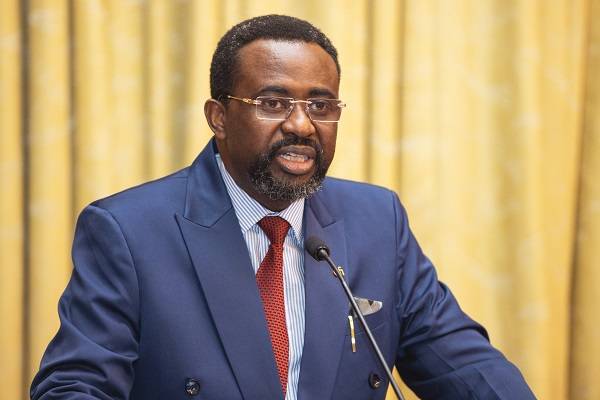Recent Central Bank Policy in Ghana: Navigating Economic Stability
The Bank of Ghana (BoG) plays a vital role in shaping the country’s economic direction through its monetary policy. It primarily focuses on inflation control, currency stability, and economic growth. One of its key tools is the monetary policy rate (MPR), which influences interest rates on loans and savings.
Recent Policy Decisions As of March 2025, the Bank of Ghana has maintained its policy rate at 27.00%. This decision reflects the central bank’s strategy to balance inflation control with economic recovery. Over the past year, Ghana has experienced moderating inflation, but challenges such as currency depreciation and global economic uncertainties remain concerns for policymakers.
The BoG's decision to hold interest rates steady suggests that while inflation is gradually declining, risks still exist. Analysts predict that the central bank might consider a rate cut in May 2025 if inflation continues its downward trend. Lowering the policy rate could boost borrowing, investment, and economic activity, but a premature cut could lead to rising inflation.
Impacts on the Economy: the central bank’s policy has a significant impact on businesses, investors, and consumers. A high policy rate (27.00%) means:
https://youtu.be/NrLgOCTVbvA?si=Bd_lguAKLoXJKe15
Borrowing becomes expensive, discouraging businesses from taking loans for expansion.
Consumers face higher loan costs, making it harder to finance homes, cars, or education.Savings are encouraged, as banks offer higher interest rates on deposits.
On the other hand, a lower policy rate could:Encourage business growth by making loans cheaper.
Increase consumer spending, leading to higher demand for goods and services.
Potentially increase inflation, as more money flows into the economy
Future Outlook.....
The Bank of Ghana’s cautious approach signals its commitment to economic stability. If inflation remains under control, the central bank could lower interest rates in the coming months, making borrowing easier and stimulating economic growth. However, if inflationary pressures persist, it will likely maintain its tight monetary stance.Ultimately, the BoG’s policies influence investment, employment, and financial well-being, shaping Ghana’s economic future.



No comments yet
Be the first to share your thoughts!